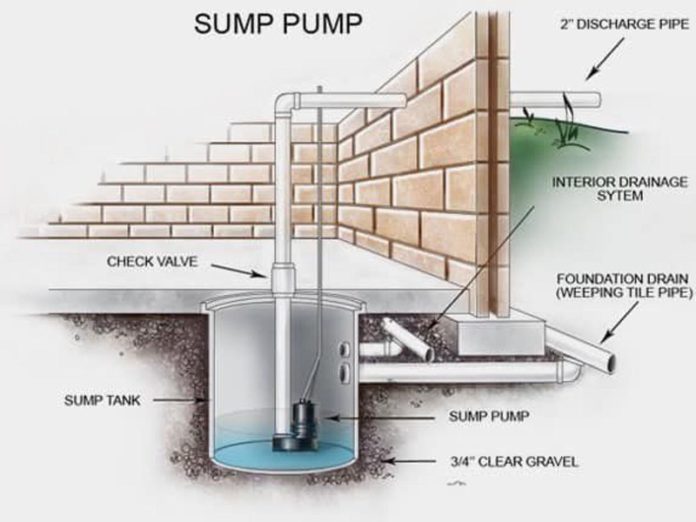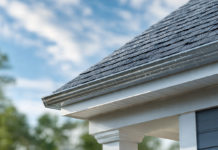Just because your basement stayed dry during last spring doesn’t mean that it will remain so in the future. According to the United States Department of Housing and Development, the average life expectancy of a sump pump is ten years. In many cases, the owners may not notice that their sump pump has malfunctioned until it stops working. And once that happens, the chances of water damage happening to your house are quite high.
In this post, we’re helping you understand what to look out for when your sump pump needs replacement.
1. Unusual Noises
If your pump is making strange noises when pumping water, it could mean that there is dirt in the sump pit, the impeller has become stuck, or that a mechanical failure is imminent.
Damaged or worn parts, like impellers and bearings, can produce grinding noises that might require a new sump pump installation or repair. In cases when the impeller is bent, the entire pump will need to be replaced because it is very hard to return it back to its original shape.
2. Rust
Brown discoloration could be a result of corroded battery terminals or bacteria. The so-called iron bacteria feed off the iron in water leading to discoloration or, in more serious cases, a gelly substance that can clog the sump pump and the plumbing.
Although these bacteria aren’t dangerous for your health, they can definitely cause issues with the water flow in your drainage system.
3. Strange Vibrations
If debris or stones get sucked into the sump pump and damage or bend the impeller’s blade, it can cause disbalance of the entire pump causing it to wobble and put stress on the entire pump.
As mentioned before, returning the impeller to its original position is almost impossible, so you will probably need to replace your sump pump.
4. Irregular Cycling
If your pump’s cycling is irregular, even during heavy rain, there is probably something wrong. In some cases, this could be caused by wiring malfunctions. A short in the electrical system, either in the pump or in the house will cause the pump to come on or off sporadically.
An incorrectly adjusted float switch can also make the sump pump start working even when a small amount of water is accumulated in the basin.
5. Frequent Running
If your sump pump is running steadily after or during every rainstorm, it might be having a hard time pumping water. If your pump is running even when it hasn’t rained and there’s no water in the pit, it could be an indication that the float is caught against the inside of the pit wall or that there’s an issue with the switch.
As with all mechanical equipment, increased use equals more wear and tear of the pump’s motor and other parts, as well as shorter shelf life.
6. Infrequent Usage
Infrequent use will also reduce the sump pump’s operational life. By maintaining a journal, you will have a log of when maintenance was performed and be able to track how your pump is operating.
The best way to ensure that your pump is working properly is to test it by filling the pit with water in between heavy rains. This should provide an indication of any issues and support the mechanisms inside the machine.
7. Old Pump
As we mentioned before, the average life expectancy of a sump pump is ten years but some sump pumps might need replacement earlier, depending on various factors.
For instance, if your pump was already installed when you moved into your home, and you’ve already lived there for a few years, it might be a good time to think about the condition of your pump. If you replaced your pump before but can’t remember how long ago, it’s also worth inspecting it.
According to experts, when your sump pump is over seven years old, it’s time to consider a replacement, especially if it has been running frequently for longer periods of time.
Final Thoughts
If you’ve had any experience with basement flooding, you know the importance of a properly working sump pump. A flooded basement can cause damage worth hundreds or even thousands of dollars, so keeping your sump pump in good condition is crucial.















